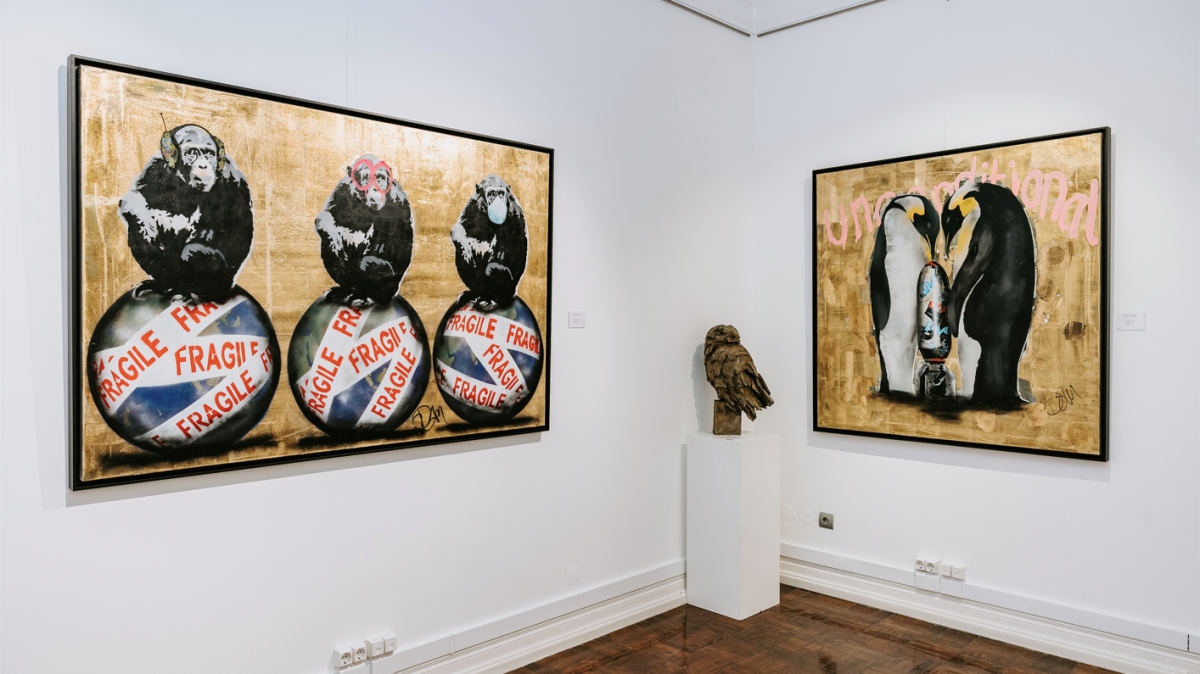The 12 metres long boats were found in an old plastics factory in the city near to the docks in Faro and authorities stated that they believed the boats were to be transported in trucks to be launched outside Portugal.
According to the commander of the Olhão detachment of the Coastal Control Unit (UCC) of the GNR, who also collaborated in the investigation, Nuno Marinho, “there could be an attempt to place such a vessel in the water”, but, if those involved in the operation attempted to, they would be detected by the authorities.
According to António Madureira, the investigation, which culminated in the dismantling of the unit and in the identification of four Spanish citizens, had been going on “for a few weeks”, with possible “preparatory acts” for a crime of drug trafficking, tax fraud and money laundering.
“We found people working here, but what will happen will depend on the development of the investigation, which is still at an early stage,” said António Madureira, stressing that the possible criminal liability of the people involved in the construction of the vessels will still be assessed.
According to the commander of the Southern Maritime Zone, Fernando Rocha Pacheco, these types of boats reach high speeds - reaching 60 knots, which is equivalent to more than 100 kilometres per hour - which would make a trip from Morocco to the Algarve take “between six and seven hours”.
If the bales of drugs, were to be used for drug trafficking, they would have to be transported over the deck, since there is no internal compartment to accommodate the drugs, he added.
The three police authorities worked together in the operation that led to the dismantling of the unit, located at the doors of Ria Formosa, and the seizure of three rigid vessels, two in the final construction process and one in a modular format.
Drug trafficking speedboat factory detected
in Algarve · 07 Feb 2020, 01:00 · 0 Comments








